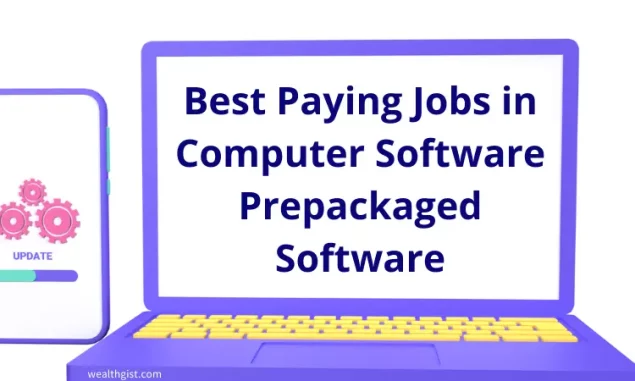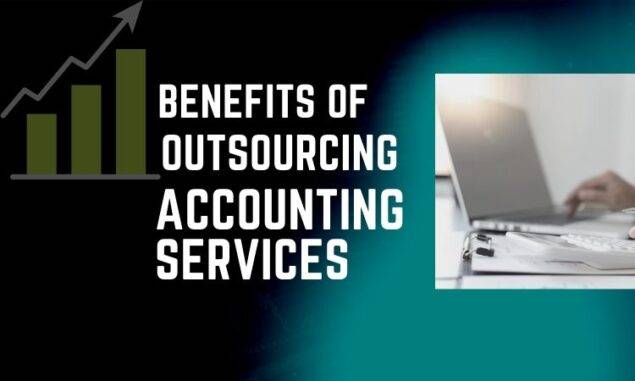New Zealanders pay a high cost of living with unexpected expenses, such as natural disasters. You can’t ignore medical bills and other financial emergencies. That is why debt feels like an inevitable reality. With high living costs, expenses, and debt, an average Kiwi carries a lot of stress. We have written this New Zealand debt management article to ease off things.
Although starting to pay off sky-high debt gives you some hope in terms of financial freedom, it doesn’t happen overnight. You must understand what you owe before it gets out of your hands. Since you don’t want to deal with unforeseen circumstances, keep yourself aware of interest rates or regular repayments beforehand.
Debts could affect other aspects of your life, such as health which is alarming. Its size, terms, or even due time can overwhelm anyone easily. That is why not ignoring your debts and creating a practical plan is the right approach to keeping your finances under control.
As difficult as it sounds, you need to know that this strategy can help you be debt-free sooner or later. Implementing the following ways can enable New Zealanders to manage their debt and feel stress-free. If you’re up to exploring them, continue reading this post.
5 Ways To Manage Your Debt While Living In New Zealand
1. Steer Clear of Unhealthy Financial Choices
You need to spend a decent amount of money, from groceries to Netflix subscriptions, to live your life. But you can always look for tips at https://nectar.co.nz/blog-tips-for-getting-out-of-debt/ to learn where you should spend and stay debt-free.
Your unhealthy financial choices could be a reason you’re in debt. Spending money often becomes a mask or a sign of another underlying problem—for example, retail therapy.
Many of us often go on a shopping spree on a bad day to fix our mood. It does give you a reason to feel good, but it still is an unhealthy way to manage your finances. And accumulating debt for absurd reasons is a troublesome cycle that can break.
2. Learn Debt Management
Managing finance can be tough, especially with a household to look after, a demanding job, and a family budget to maintain. It can become more hectic than you think if there’s no concrete management plan for your debts. And with so much going on, you can’t decide what your next move in finance should be.
That is why learning debt management is essential. Also known as credit counseling, debt management enables you to seek assistance from an individual or team that works with the creditors on your behalf. This individual or team is pro at negotiating a better deal on monthly repayments, interest rates, fees, and charges.
When you opt for a debt management solution, you’ll get an option to send the payment to your assigned manager to pay the debts on your behalf. The task may seem simple enough to do by yourself. However, this process cuts the hassles of making payments to several creditors.
Also, these creditors often collaborate with debt management companies and follow policies to reduce the interest rate and repayment. This step also comes with perks, such as getting first-hand knowledge on improving your financial condition from an industry expert.
3. Set up a Budget
Controlling finances is closely connected to budgeting. As cliché as it sounds, setting up a budget is incredibly important to live a debt-free life. You can use tools, such as spreadsheets, to manage your income and costs. When you document your finances, you’ll see where your money goes and where you can save a few bucks.
That is why budgeting is known as the process of planning where you should be spending your money and keeping your expenses on track. For example, if you’ve got a student loan to pay, but you’re overspending on the latest phone, air pods, or other high-tech items. In such cases, budgeting can help cut back on unnecessary expenses and save a few hundred dollars to pay off your loan.
4. Don’t Delay Credit Card Transaction Payments
You can choose to deal in cash to avoid debts. This practice can help people control impulsive buying or build a massive credit card balance. A credit card, on the other hand, is not your enemy. Instead, it simplifies things like hotel reservations or booking a ticket. You can use your credit card in various ways and reap its benefits, including cash back, rewards, etc.
However, it can contribute to debt if you don’t pay off credit card transactions on time. For example, if you own one or more credit cards, make yourself responsible for paying off each purchase as early as possible. It’s even better if you do it on the day purchase is made. This rule will help you reconsider the money you have in the account before your next swipe.
5. Go for a Balance Transfer Credit Card
Who doesn’t want to pay off their debts quicker? If you’re in the same boat, consider a balance transfer credit card and apply. This step can help you lower the 20% + p.a. interest rate to 0%-2% a year.
If used cautiously, balance transfers can also help you save hundreds of dollars in interest and fees. Many banks even facilitate you with a low-interest deal for up to 6-12 months.
This offer relieves people struggling with credit or store card debt. And if you’ve got credit card debt and are struggling to make repayments, the balance transfer can become a blessing in disguise for you.
Some Financial Gains of Being Debt Free
It’s common to deal with debt at least once in life. However, not all debts are bad. Some debts, such as student loans, are better decisions to upgrade your life.
But if the debt accumulates on top of a student loan or mortgage, it may soon overwhelm you. Even in this scenario, the chances of going debt-free are slim if you find it difficult to save money, track expenses, and build a budget.
You need to opt for practical strategies to get rid of debt and ward off extra stress from your life. Let’s take a look at some financial benefits of being debt free, so you can stay motivated to pay it off.
- Most of your income will be available to you.
- Being debt-free stops you from worrying over late payment fees, or worse, losing your home or vehicle
- Paying off your debt comes with a better credit score, which brings benefits.
- Being debt-free means adding extra money to your retirement fund and living comfortably as a senior citizen.
Wrap Up
No doubt, debts can expose you to lifelong financial struggles. Although you can go debt-free, it’s a long process that needs consistent effort. That is why you need to educate yourself about debt and its management. Paying off your debts is not a fictitious concept.
With a practical approach, you can manage it well and achieve peace of mind. Also, you can either search the internet for tips and tricks, seek the assistance of a professional, or follow the ways mentioned above to manage your debts. We hope this New Zealand Debt Management guide makes a good impact on your finance this year.








